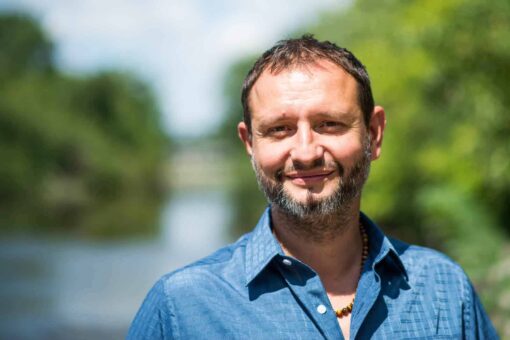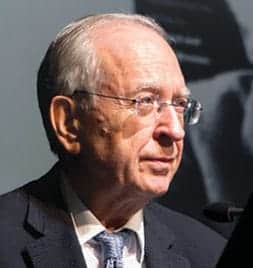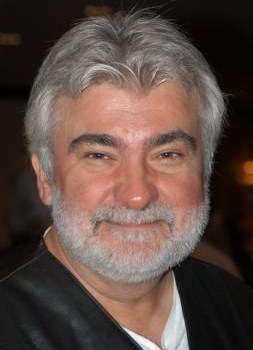Vladislav Šolc | Three Ways of Why
“I no longer seek the cause of a neurosis in the past, but in the present. I ask, what is the necessary task which the patient will not accomplish?”
Jung, CW 4, par. 570
Precise questioning is conditio sine qua non of successful analysis. When asking questions, the analyst not only asks the client, but also poses questions to his or her own self. While communicating with the client, the analyst “looks” inside, and there, asks questions and “listens” for answers. The analyst not only actively searches in his memory, where he/she seeks understanding, but also observes feelings, images and ideas that passively arise from unconsciousness. The analyst’s psyche mirrors and at the same time complements missing links of the complex life situation of analysand and also his/hers own. The analyst not only helps the patient to find a new, “broader” meaning of his problem, but also enters the field in which both could undertake transformation.
The analysis is a creative team-work. In a way it is a maieutic, Socratic method of dialogue with the difference that the objective of analysis is to ask questions in such a way so they contribute to the revelation of a fuller life story, i.e. self-knowledge. The aim is not to achieve some kind of logical truth, but rather a new attitude; the greater degree of freedom that includes the acceptance of painful also-truths. The so-called behavioral therapies basically focus on the patient’s conscious intentions and analyze whether these intentions are in conflict with the demands of the given reality. In Jungian analysis there is a third variable that enters the healing process, and that is unconscious. The unconscious has its own intelligence: it can have its own will, its own intentions and secrets, or even an “opinions,” which could often be at odds with the opinions of the ego. It is the “Other” that we also dialogue with during the process of analysis.
Conscious and unconscious
Let’s ponder for a moment on the paradoxical relationship between conscious and unconscious. Conscious, just like the unconscious, has no “substance” that we can quantify, measure or localize per se. We can only know about it via our own conscious medium and thus through its own subject. The very fact that the psyche can never be objectified – even though it can be perceived that way during the states of extended consciousness – by definition makes it an unconquerable mystery.
Vladislav (Vlado) Šolc (pronounced “Schultz”) is a professional psychotherapist and Jungian analyst practicing in Milwaukee, Wisconsin. Vlado received training from the C. G. Jung Institute of Chicago and Charles University in Prague. He is the author of five depth-psychology-oriented books: Psyche, Matrix, Reality; The Father Archetype; In the Name of God—Fanaticism from the Perspective of Depth Psychology; Dark Religion: Fundamentalism from the Perspective of Jungian Psychology and most recently Democracy and Individuation in the Times of Conspiracy Theories.
Links: Vlado Solc’s Website | Vlado Solc’s Lectures Available on the C. G. Jung Institute of Chicago Website






